Results filtering
Results filtering
-
Witness (date and place of birth)
-
-
Subject
-
-
Event Date
-
Location
-
-
Victims
-
-
Perpetrators
-
-
Crimes
-
-
Place
-
-
Content
-
-
Object type
-
-
Object Creation Date
-
File creator
?
-
-
Medium
-
-
Testimony availability
?
-
Search results (6927)
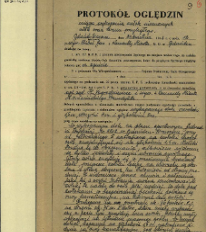 Witness
Witness
-
TopicGdańsk – daily terror
Date1939-1945
Location-
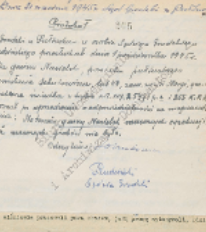 Witness
Witness
-
TopicDate
1939-1945
Location-
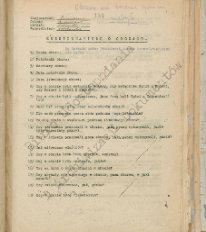 Witness
Witness
-
TopicDate
1939-1945
Location-
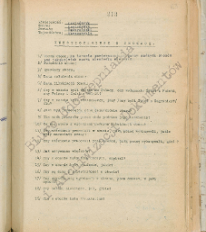 Witness
Witness
-
TopicDate
1939-1945
Location-
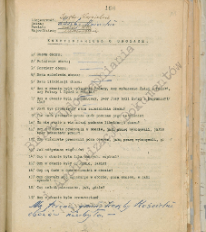 Witness
Witness
-
TopicDate
1939-1945
Location-
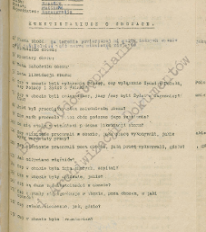 Witness
Witness
-
TopicDate
1939-1945
Location-
 Witness
Witness
-
TopicDate
1939-1945
Location-
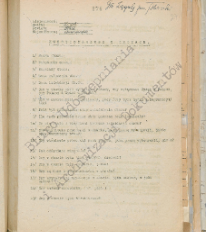 Witness
Witness
-
TopicDate
1939-1945
Location-
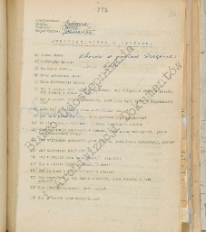 Witness
Witness
-
TopicDate
1939-1945
Location-
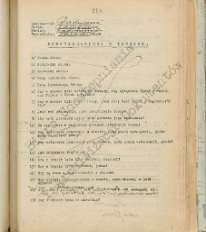 Witness
Witness
-
TopicDate
1939-1945
Location-
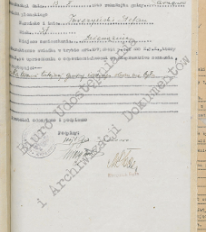 Witness
Witness
-
TopicDate
1939-1945
Location-
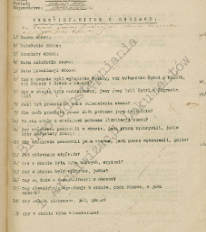 Witness
Witness
-
TopicDate
1939-1945
Location-
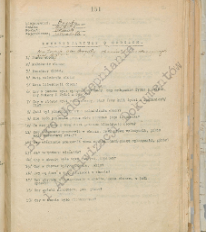 Witness
Witness
-
TopicDate
1939-1945
Location-
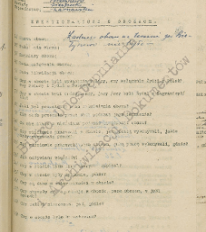 Witness
Witness
-
TopicDate
1939-1945
Location-
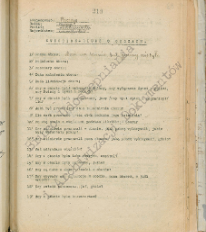 Witness
Witness
-
TopicDate
1939-1945
Location-
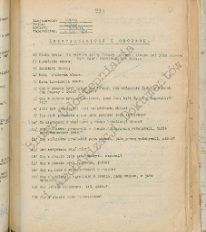 Witness
Witness
-
TopicDate
1939-1945
Location-
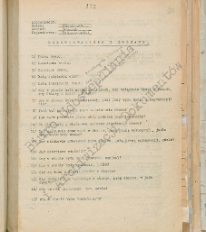 Witness
Witness
-
TopicDate
1939-1945
Location-
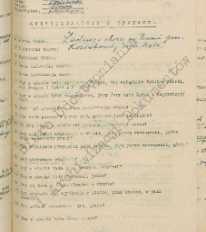 Witness
Witness
-
TopicDate
1939-1945
Location-
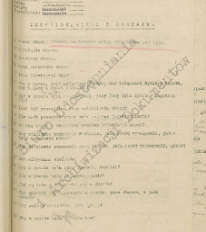 Witness
Witness
-
TopicDate
1939-1945
Location-
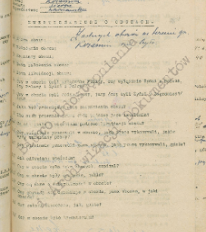 Witness
Witness
-
Topic
 HOME PAGE
HOME PAGE





